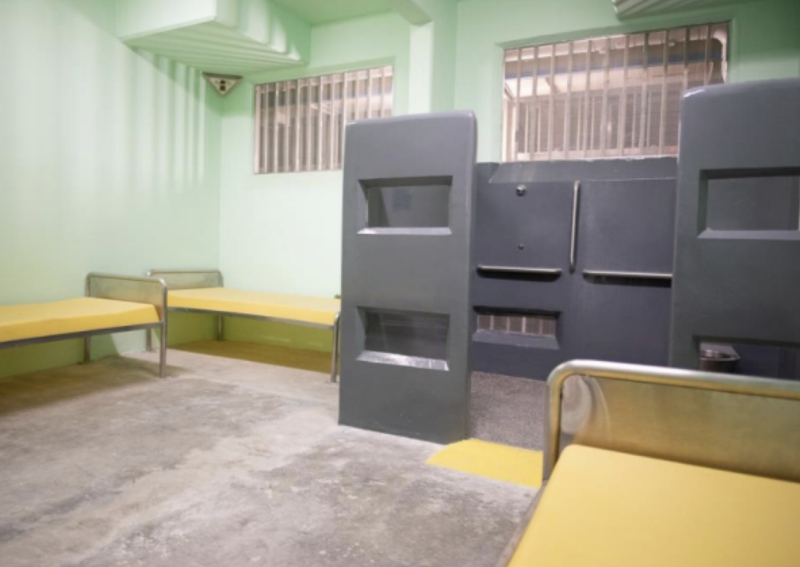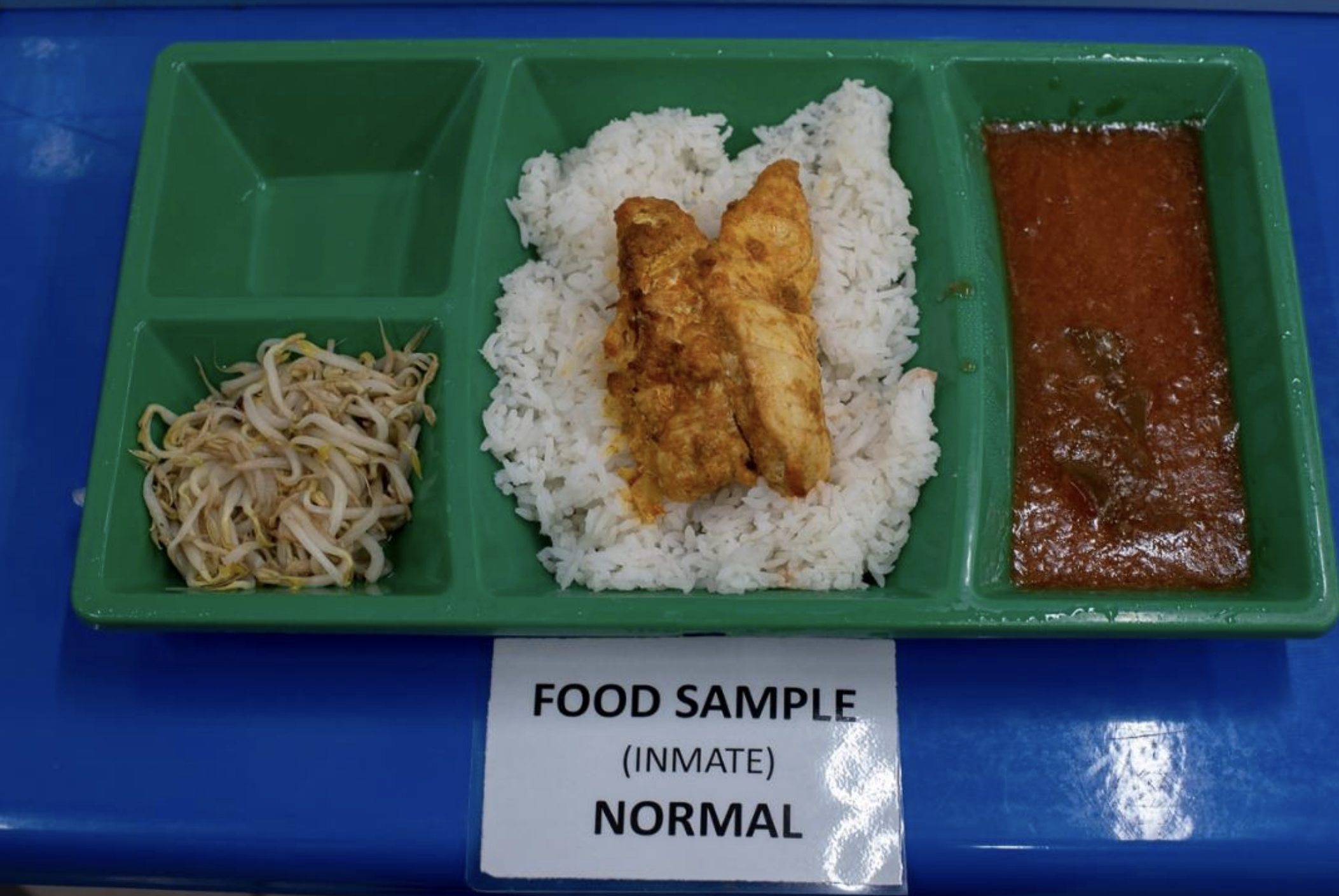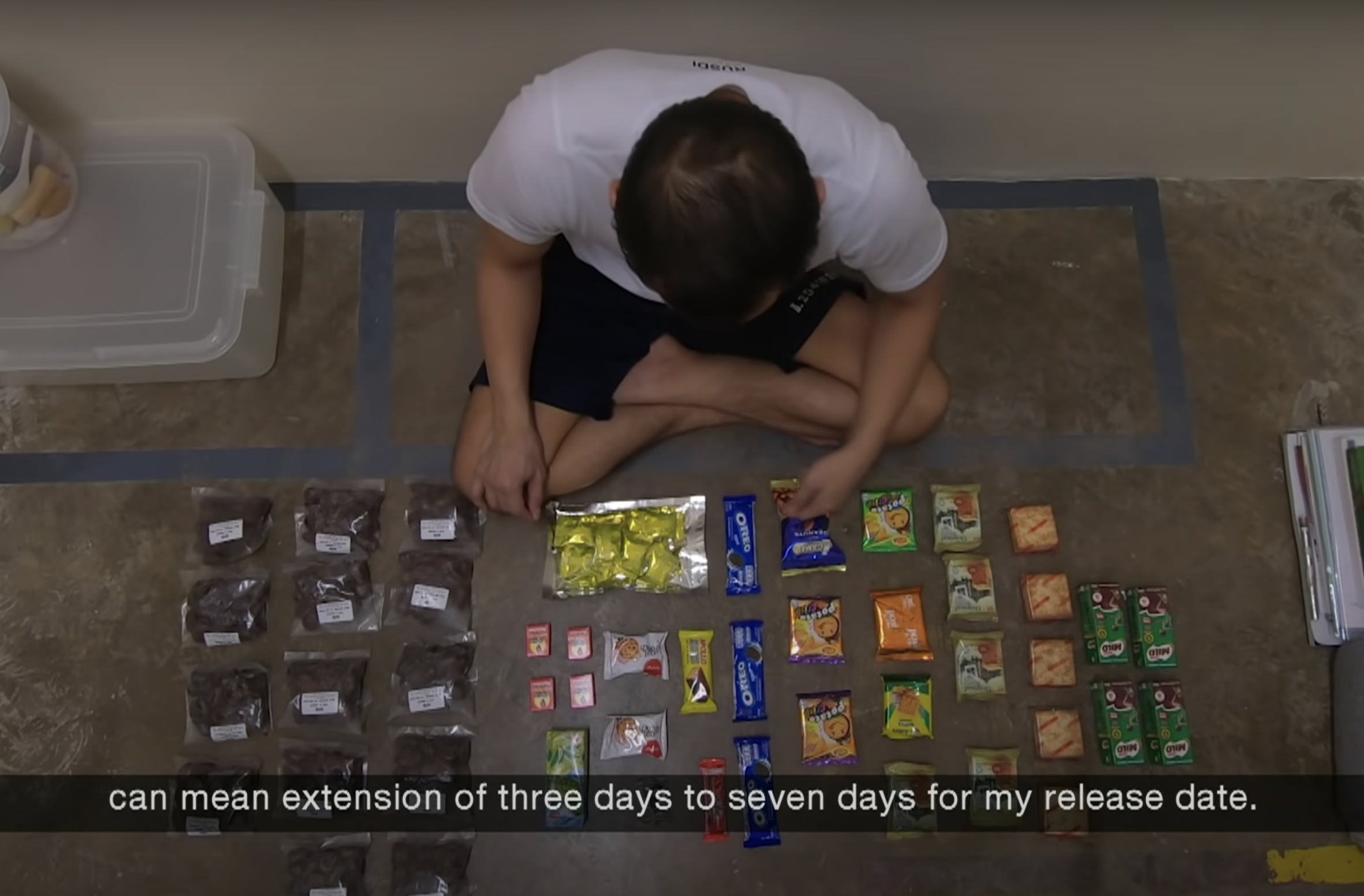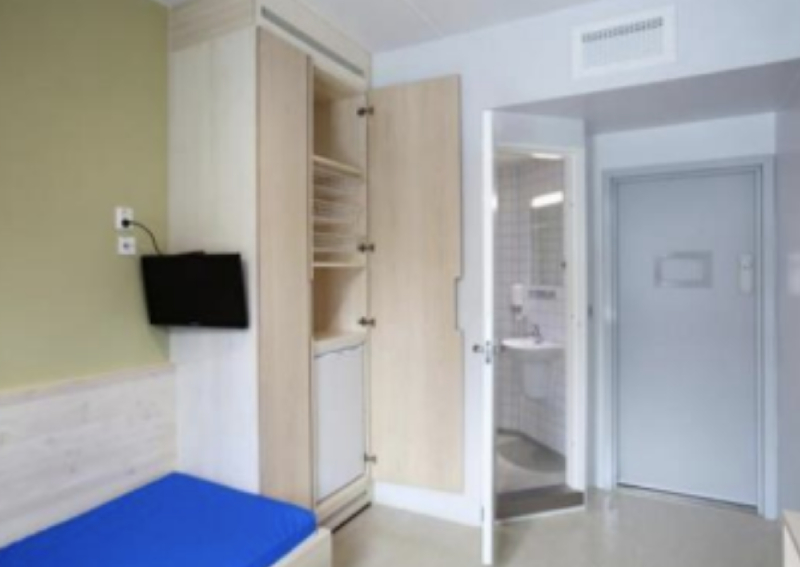Why no beds? Shanmugam responds to criticism about prison conditions in CNA documentary Inside Maximum Security


 PUBLISHED ONJuly 04, 2022 1:20 PMBYChing Shi Jie
PUBLISHED ONJuly 04, 2022 1:20 PMBYChing Shi JieWhen a documentary offering a rare insight into the lives of five inmates in Changi Prison Complex was first aired this year, it stirred massive interest from viewers with its never-before-seen footage into this facility.
Released in January, the first episode of Inside Maximum Security has garnered close to seven million views on YouTube alone as of today.
There are four episodes in this documentary.
While the CNA documentary received rave reviews from many, several viewers voiced their concerns about prison conditions with one calling it "dehumanising" with inmates sleeping on the floor with just mats while another questioned if the harsh condition would hinder inmates' rehabilitation.
"They sleep on the floor and don't have a bed [and] pillow… Not sure how anyone can look at this and deem it better than other prisons," a netizen wrote in the comments section on YouTube.
In Parliament today (July 4), Law and Home Affairs Minister K Shanmugam said that the documentary had "generated substantial interest in prison operations and conditions", and added that several Members of Parliament (MP) have filed questions on prison conditions and rehabilitation.
Here are some of Shanmugam's responses.
Some netizens wondered why the inmates in Changi Prison sleep on straw mats instead of beds.
Shanmugam told Parliament that inmates in the "regular" one, four- and eight-man cells are provided with a straw mat and two blankets instead due to the "hot and humid climate".
Besides hygiene issues, beds in prison cells also pose a security risk, he added.
"The current bedding [also] minimises the security risks of inmates hiding contraband items in the cells," he said, adding that there is "generally" no staff supervision inside prison cells.
For inmates who require additional care due to old age or mobility issues, beds are available in medical wards or correctional units catered for assisted living, Shanmugam shared.

In the CNA documentary, some of the inmates were quite critical of the food served with one giving his mee goreng a "zero".
In Parliament, Shanmugam said that the meals provided to inmates are "based on a dietitian's recommendations" to meet nutritional requirements.
In the documentary, breakfast is bread with spreads like butter, jam and chocolate, and a hot beverage like coffee or tea. For lunch or dinner, a staple such as rice or noodles is served with some dishes, he said.
Inmates with special dietary requirements are also taken care of, he said, adding that those who are diabetic are given a low sugar diet and inmates who have gout are given low-purine meals.

When MP Zhulkarnain Abdul Rahim asked if inmates could be provided with night snacks since they do not have any food between dinner and breakfast, Shanmugam said inmates could buy additional food from a canteen.
"I should mention that depending on behaviour, good behaviour allows you certain privileges including a food pack that you can redeem," he said.
In the documentary, an inmate was seen showing off his collection of snacks – Milo packets and biscuits – that he bought using points that he accumulated for good behaviour.

Even before the documentary was aired, questions have been raised about prison conditions in Singapore.
Fighting to prevent David Roach's extradition after an armed robbery in 2016, an expert witness told UK courts in 2018 that Singapore's prison conditions would violate the former's human rights since eating in a cell with a modesty wall is "effectively eating in a toilet".
The other allegations included the lack of privacy in Singapore's prisons and overcrowding.
On this, Shanmugam said that Singapore's prisons are currently operating at about 70 per cent of the intended capacity, adding that prison overcrowding is a widespread problem worldwide according to a United Nations Office of Drugs and Crime report in 2021.
Acknowledging that the jails in Sweden and Norway are more luxurious and can be "mistaken as condominiums", Shanmugam insisted that this is "not Singapore's approach".

"Singapore's prison conditions do not follow another jurisdiction's standard just for the sake of doing so," he said.
In a response to MP Christopher de Souza's question on the racial composition of the prison inmate population and criminal offenders, Shanmugam shared that disclosing such data publicly might deepen racial stereotypes.
Since minorities are disproportionately represented in the prison inmate population and in crime statistics, the government is careful about disclosing such figures, he added.
"Over time, this will undermine our efforts in building harmonious relations amongst all the races and could make it harder for us to achieve racial harmony."
The government has also consulted different groups and community leaders to seek their views on whether to release such rase-based statistics, according to Shanmugam.
The unanimous view, he said, was that it will not benefit Singapore's society and communities, and that it would encourage stereotypes and harm community relations.
"Overall, the community leaders were clear. They said we should not simply look at racial breakdown, as it would not take into account other contributing factors which could have led to a person committing a crime," added Shanmugam.
ALSO READ: Ex-convict says he made 'U-turn' to become better person after working as delivery rider